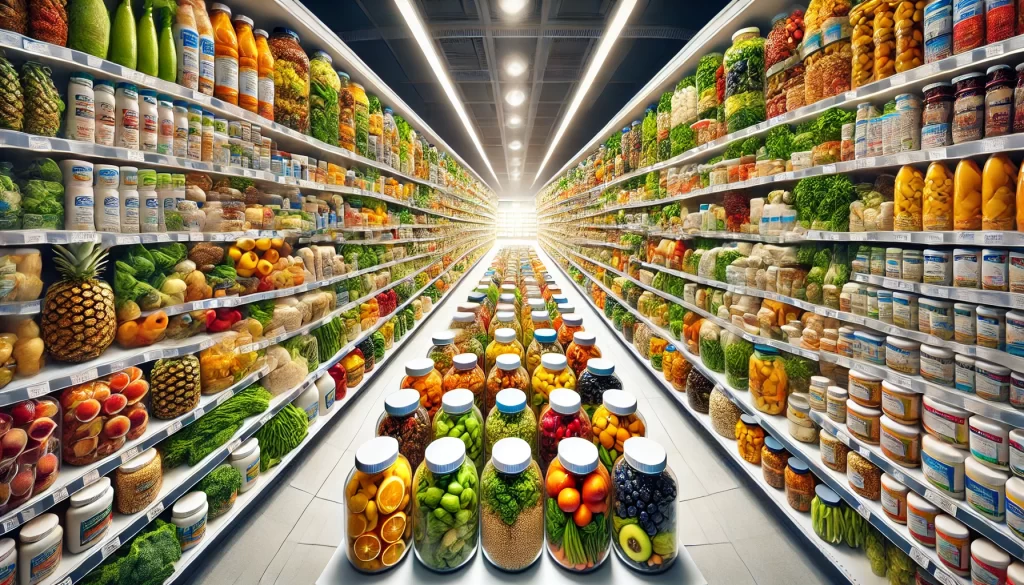You are what you eat
This blog post is brought to you by AASLD in recognition of World Liver Day.

In 1826, French Lawyer Anthelme Brillat-Savarin wrote “Tell me what you eat, and I will tell you what you are” for Physiologie du Gout, ou Meditations de Gastronomie Transcendante, or rough translation: Physiology of Taste for Gastronomy—the practice or art of choosing, cooking, and eating good food.
We all know good food, especially after the holiday season—the smells, the tastes, and ambiance bring joy to our hearts and stomachs. But what does this have to do with liver health? In fact, what we eat plays a vital role in our overall liver health.
The liver is one of the hardest and largest working organs in your body. It works 24/7 to break down the food we eat to turn it into something helpful for the body. Here are some examples:
- It cleans your blood.
- It makes bile.
- It stores energy in the form of sugar.
Why is this important?
- Your liver takes all the good nutrients from what you eat—latkes, cranberry sauce, green bean casserole—and cleans it out and releases it back into your body. The bad stuff? Well, it is carried by bile and released from your body when you use the bathroom.
- Bile helps your body break down fats from the foods you eat—apple pie, turkey, panettone—and moves it to the digestive track.
- When your body needs a boost of energy, the liver gives you a boost using glycogen. Mashed potatoes, gingerbread latte, and chocolate covered strawberries are favored carbohydrates and the body breaks it down into a sugar called glucose, and it’s stored in the liver.
Why does this matter?
Your liver plays a vital role in storing and releasing energy, and when your liver is unwell, your body has a higher demand for it. The more fat it stores, the harder it must work. The harder it works, the more fatigue it gets, and without healthy limits, the liver can fail and often, it’s failing past the point of fixing.
And it’s a journey. The liver is strong, and it will fight for your body until it can do no more—without ever letting you in on its struggle.
So, the best thing you can do to prevent liver burnout is to support it by being aware of what you eat.
Here are five things to do right by your liver:
- Be careful with alcohol consumption. Research demonstrates that as little as four ounces of hard alcohol a day for men and two ounces for women can begin to scar your liver.
- Read warning labels for pesticides and other toxins that can damage your liver. Wash your produce!
- Supplements, medications, and herbs can cause damage to your liver. The NIH has a database for known toxins to your liver.
- Exercising improves blood flow as well as reduces fat stored in your liver.
- Eat right—Google “foods for your liver” and you will see an array of foods ready to support your liver throughout the day while you are hard at work.
Practice the art of choosing and eating good food—remember, you are what you eat—and your liver will reward you.
